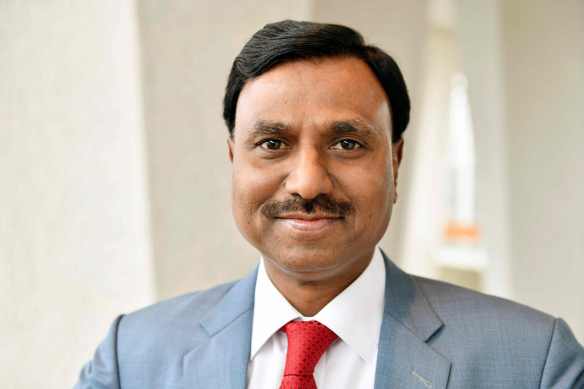
Nancy Leppink, Chief of the ILO’s Labour Administration, Labour Inspection and Occupational Safety and Health Branch
The premise of occupational safety and health – my field of specialization — is that work should do no harm to health and in the best of worlds, should support it. But discerning whether technology and new forms of work are doing harm or doing good can often be tricky.
Let me give a personal example:


